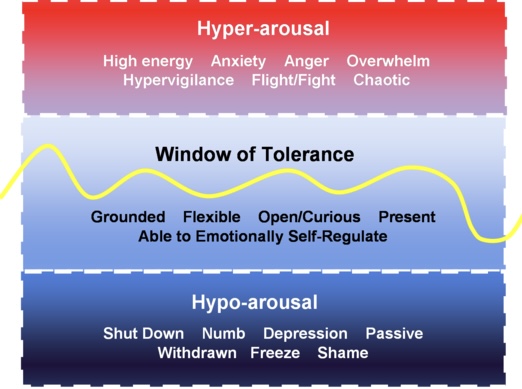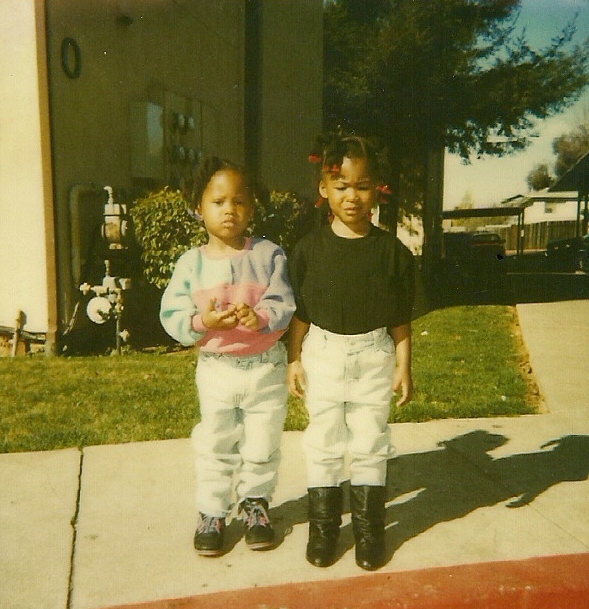Survival Mode: Why Mental Health Takes a Backseat When Basic Needs Aren’t Met
When Basic Needs Aren't Met, Mental Health Takes a Backseat
Let’s be real—it's nearly impossible to prioritize therapy, self-care, or personal growth when you're out here trying to figure out how to keep the lights on and food in the fridge. And now, with federal funding pauses affecting crucial resources like Social Security benefits and food stamps, many people are left wondering: what now? Groceries and gas are already kicking our butts, so where does that leave our well-being?
Maslow’s Hierarchy of... Capitalist Struggles
Maslow’s Hierarchy of Needs (which, by the way, is a colonized version of Indigenous knowledge) outlines our fundamental human requirements:
Physiological Needs – Food, water, sleep, shelter (a.k.a. survival mode).
Safety Needs – Security, stability, protection from harm.
Love and Belonging – Social connection, intimacy, friendship, family.
Esteem Needs – Respect, self-worth, recognition.
Self-Actualization – Personal growth, creativity, fulfilling one’s potential.
But let’s be honest—under capitalism, most of us are struggling to even get past Level 1. The "hustle culture" propaganda has us believing that we can somehow grind our way to happiness, but no amount of "rise and grind" can replace a good night’s sleep or a full stomach. I know this firsthand because there was a time in my life when I was working 96 hours a week while still in college (please don’t ask about my GPA). My mental health? Absolutely neglected.
Trauma Work Can’t Happen on an Empty Stomach
In therapy, we talk a lot about healing, but here’s the hard truth: you cannot heal if you're constantly in survival mode. I remember telling my therapist how I would mentally drift off while trying to get things done. Sometimes those thoughts led me back to painful memories. She gently asked, "Do you think you’re dissociating?" And I was like, "Girl, don’t use that word on me—I thought I was just daydreaming!" But the reality was, I couldn’t even begin trauma work until my basic needs were met. If I don’t know where I’m sleeping tonight or if I can afford my next meal, I sure as hell don’t have the bandwidth to unpack childhood wounds.
Because let’s face it: life is rough right now.
And even when we get through our to-do list, the only reward is more things added to the to-do list.
The Window of Tolerance – Because We Can Only Take So Much Sh*t
The Window of Tolerance is a way to measure how much stress we can handle before we hit our breaking point. There are three states:
Hyper-arousal: Anxious, overwhelmed, panicked.
Hypo-arousal: Shut down, numb, detached.
Optimal Zone: Where we feel balanced and able to cope.
The goal? Stay in that middle zone as much as possible. But how do we even check where we’re at when life keeps throwing punches? Enter emotional scaling.
The Emotional Scale – How Close Are We to the Edge?
Think about stress on a scale from 1 to 10 (10 being the worst stress you’ve ever felt). Where are you right now?
If you're between 1-5: Coping skills (like a deep breath, a quick walk, or venting to a friend) might actually help.
If you're between 5-10: Those same coping skills? Not as effective. You might need crisis intervention skills like DBT’s TIPP skills (Temperature change, Intense exercise, Paced breathing, Progressive muscle relaxation).
Now, let’s imagine you could be at a manageable 4, but you’re working three jobs just to survive. That stress baseline keeps creeping up, and suddenly, even small inconveniences feel unbearable. You’re not “bad at coping”—you’re burnt the hell out.
So What Now? The Bare Minimum Self-Care Plan
We can't all just quit our jobs and move to a stress-free utopia (because, capitalism), but we can be mindful of when we're nearing burnout. Here’s a low-effort, high-impact strategy:
Check in with yourself daily using emotional scaling. If you're creeping into danger zone territory, it's time to intervene.
Sneak in small moments of self-care (think: a quick mindfulness break in the bathroom, splashing cold water on your face, or eating a snack like it’s an act of rebellion).
Give yourself permission to rest. If this were the 80s, you’d be taking 10 smoke breaks a day. So take that damn break!
Final Thoughts
You’re not "failing" at mental wellness. The system is failing you. Therapy, self-growth, and emotional healing are important—but not at the expense of your survival. So if your biggest concern today is making rent or feeding your family, please know that it makes perfect sense if trauma work feels like a luxury. And if all you can do right now is breathe and make it to tomorrow—that’s enough.
Your healing can wait. Your survival cannot.






Comments
Post a Comment